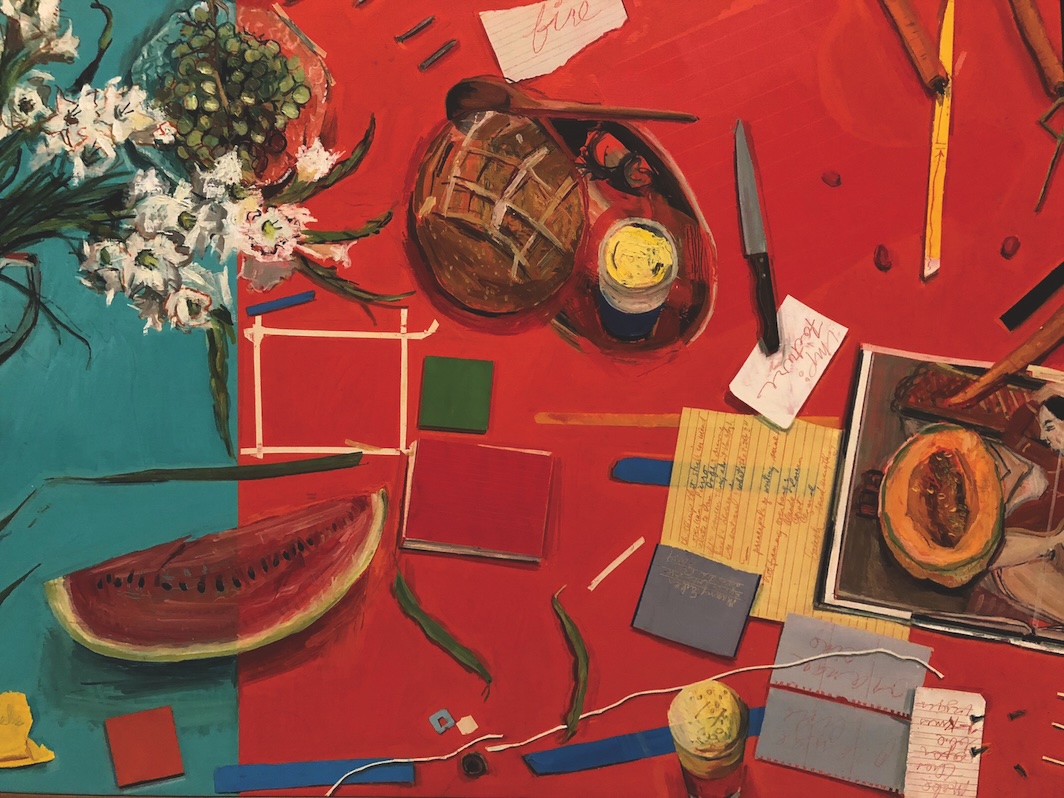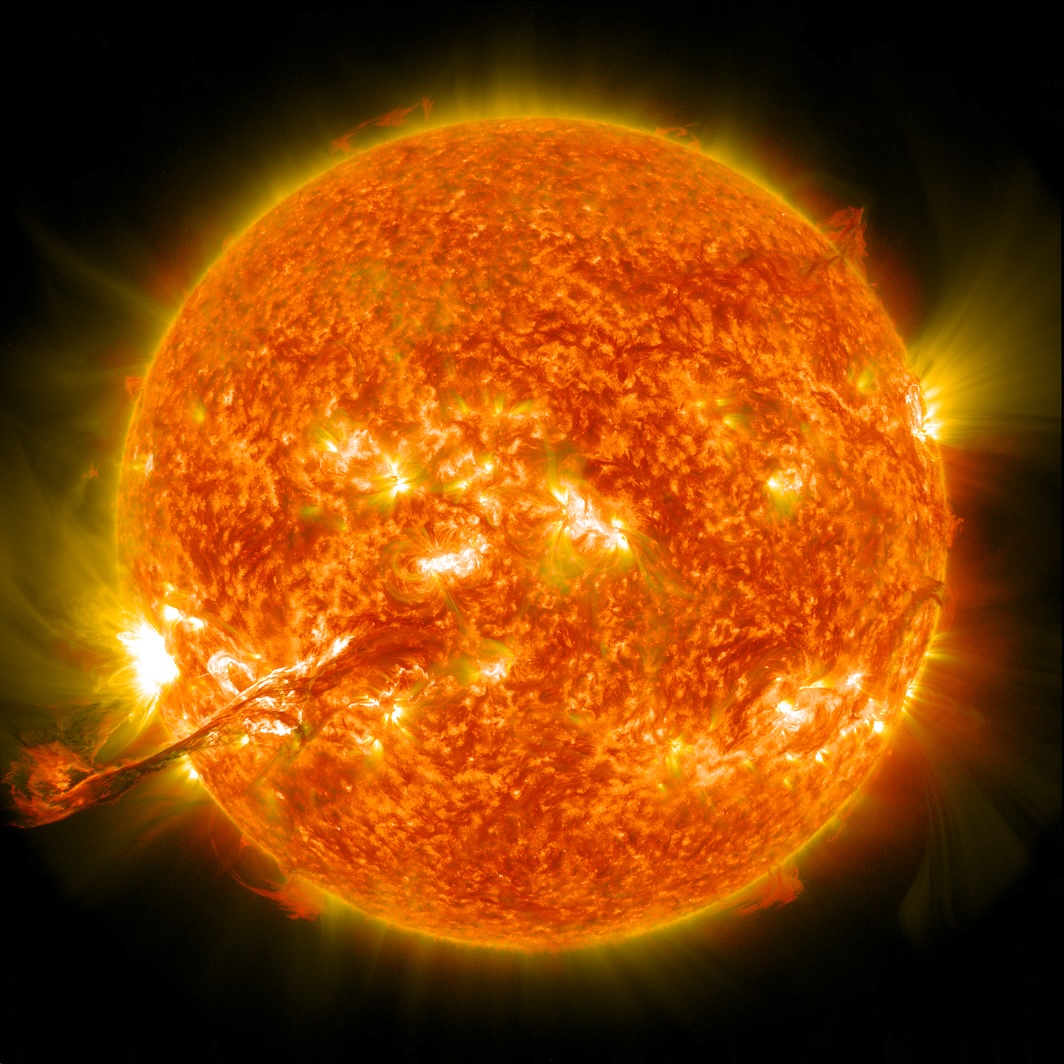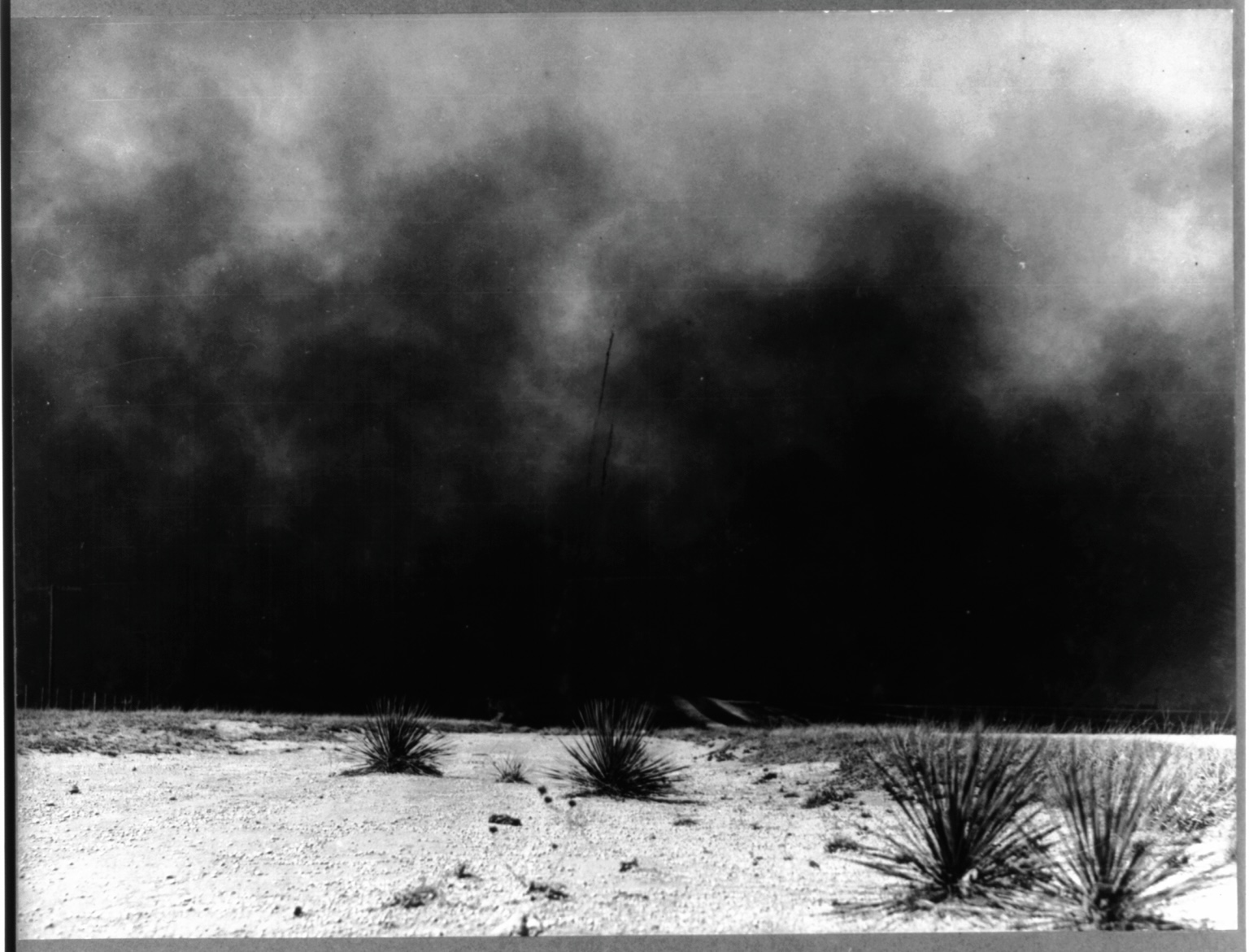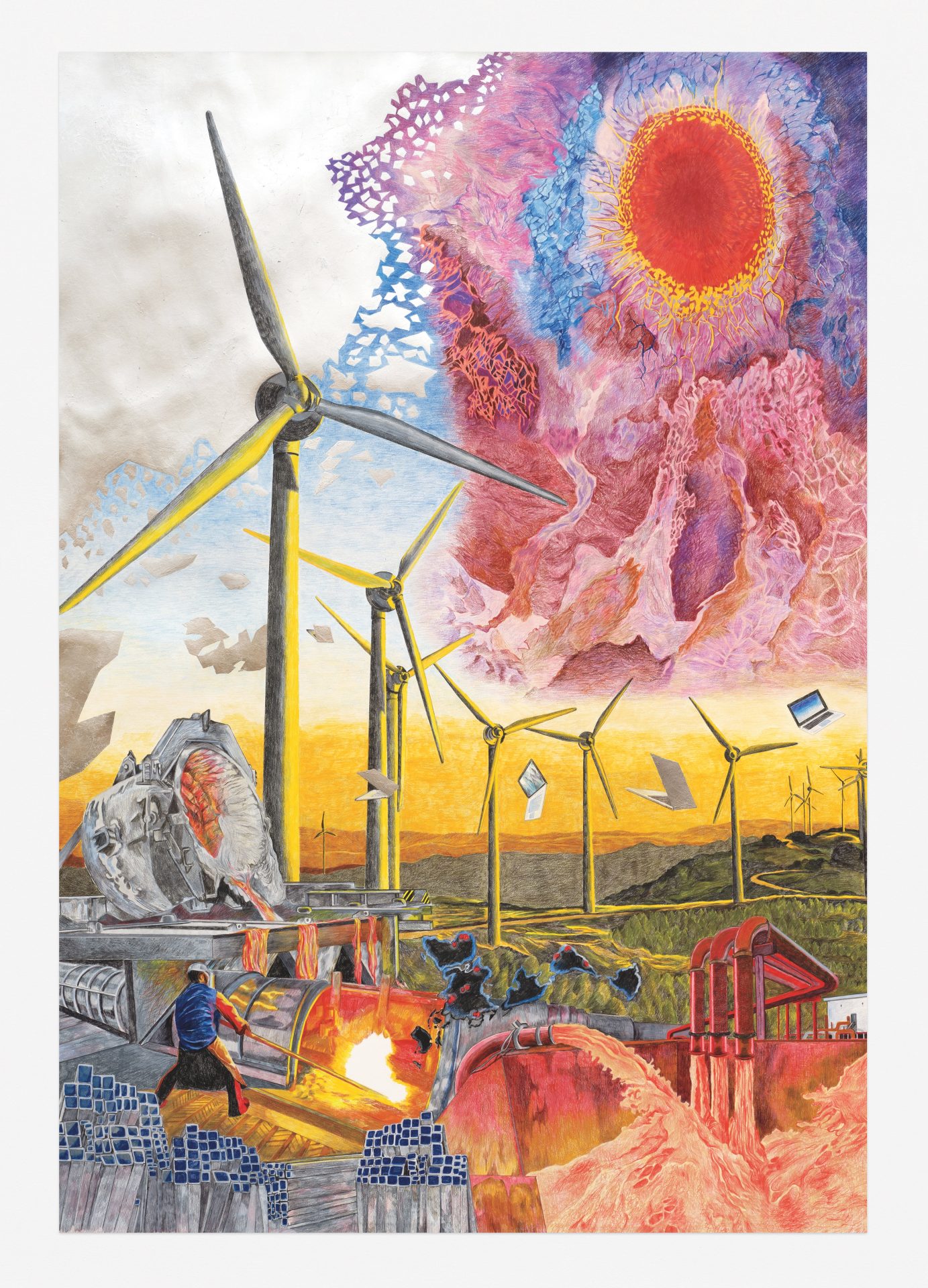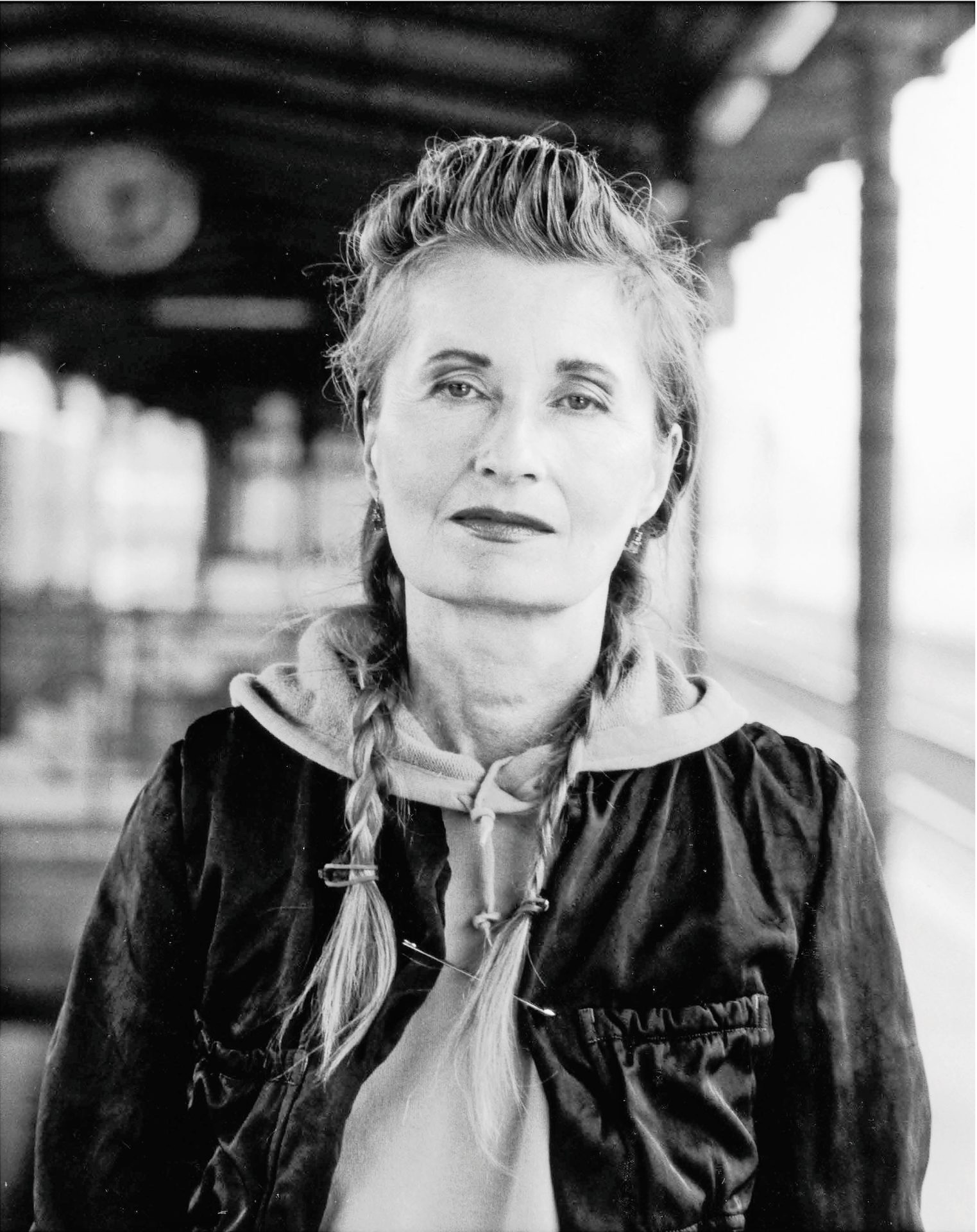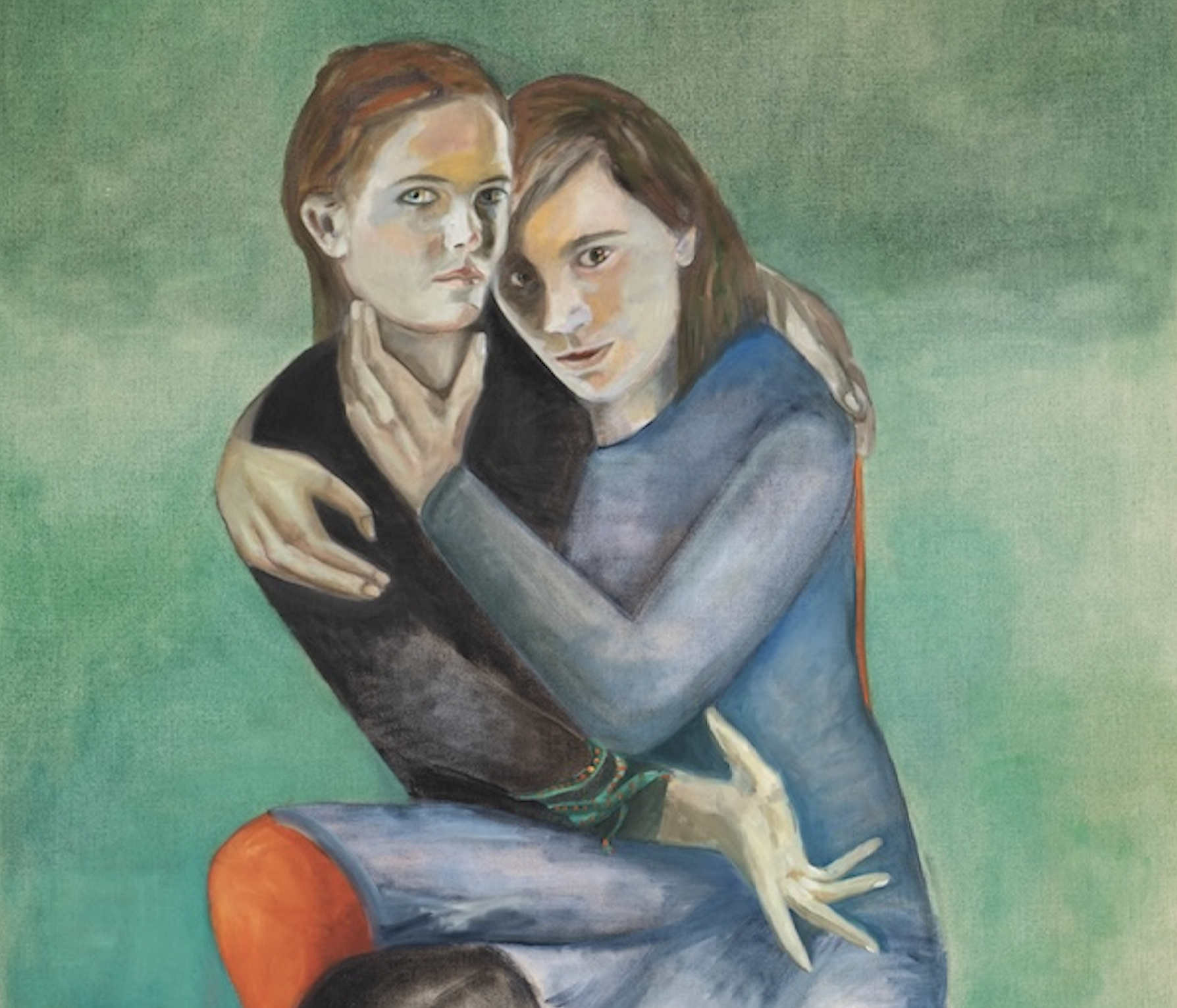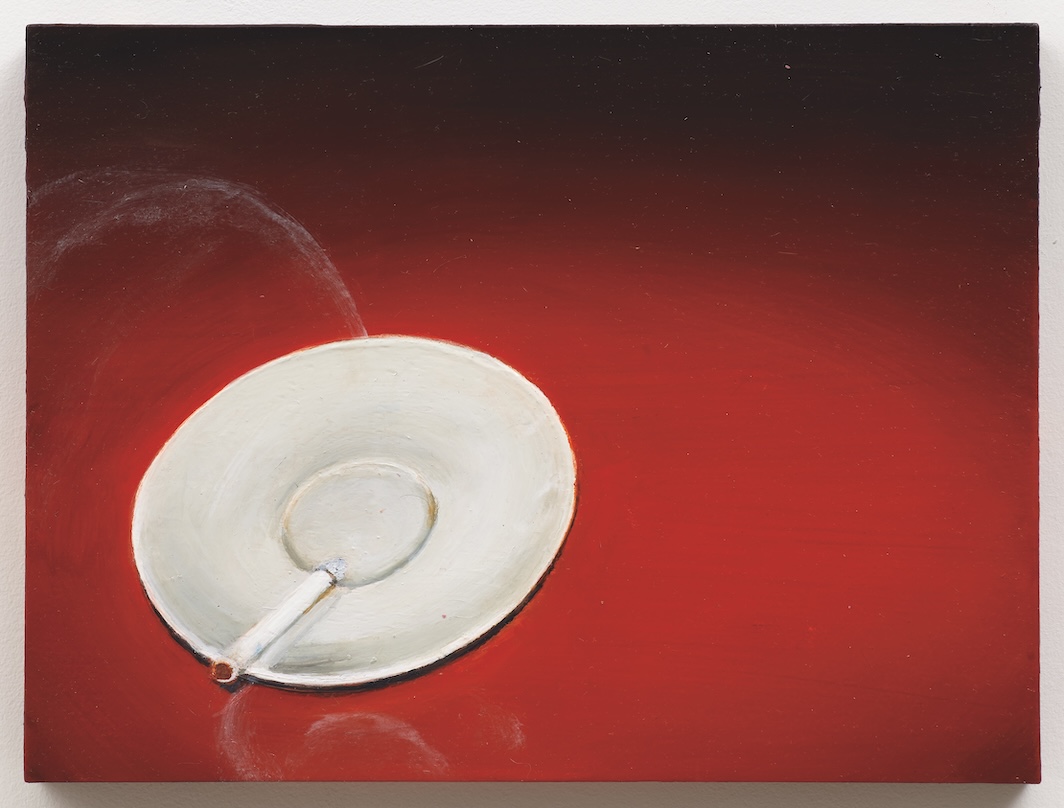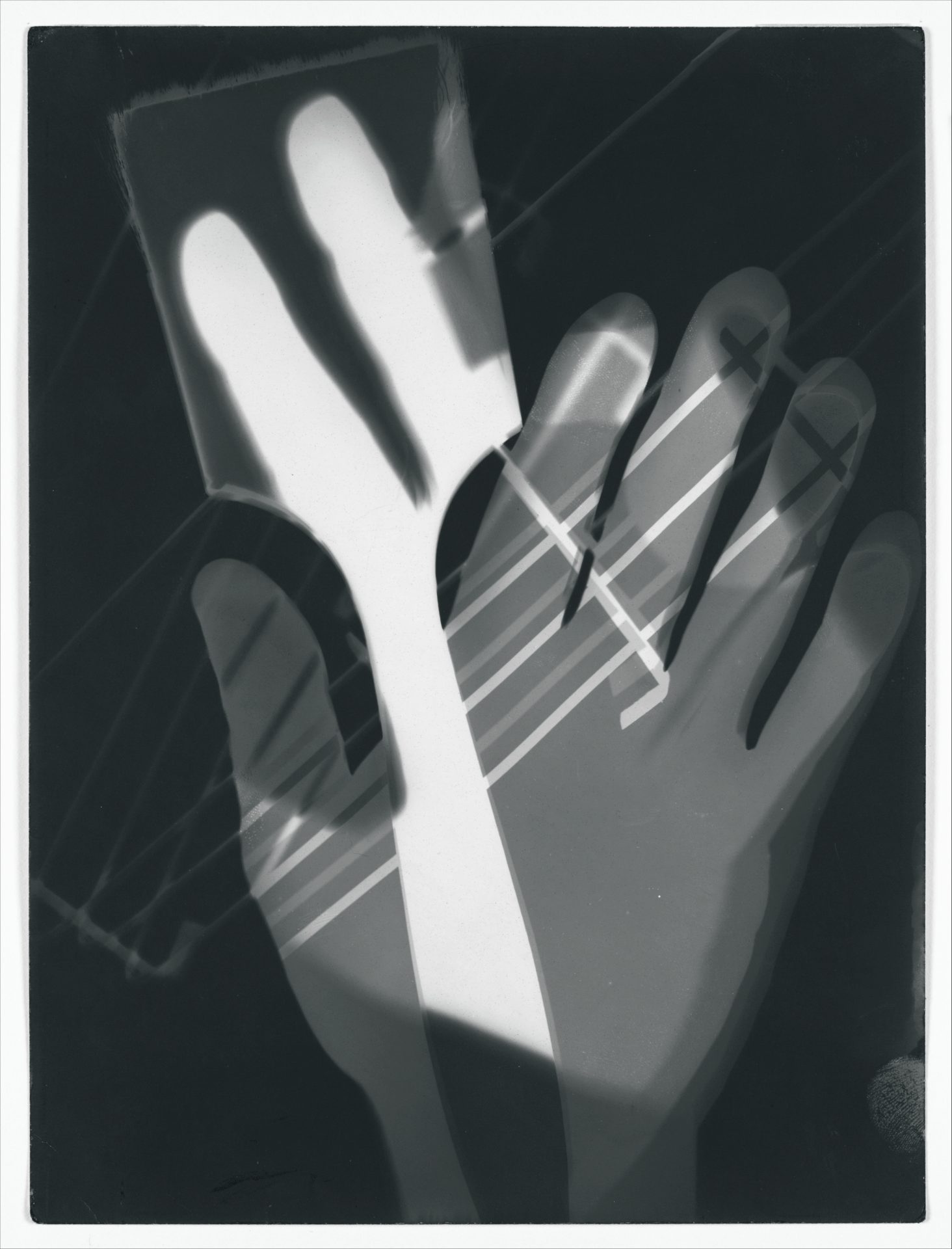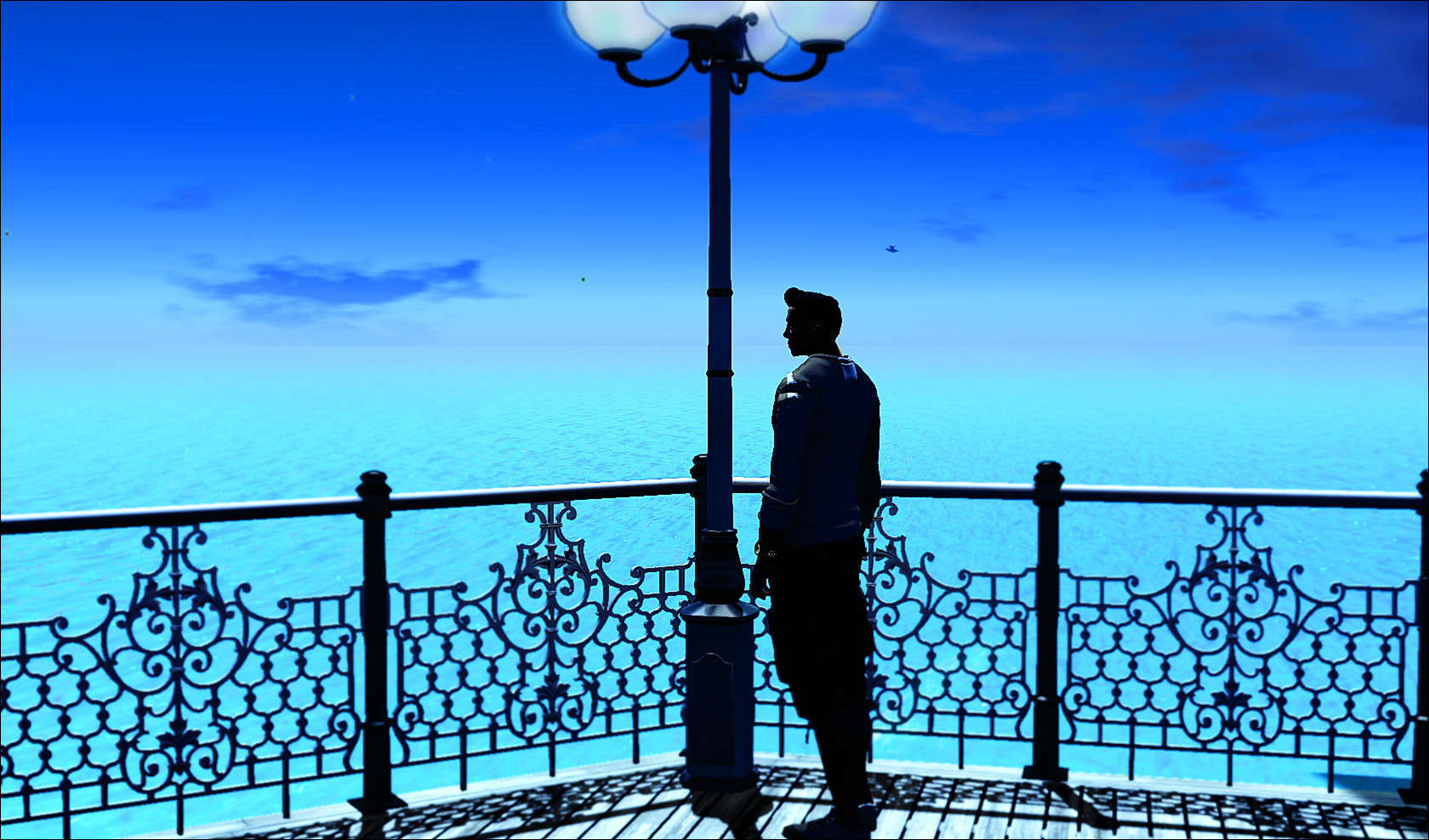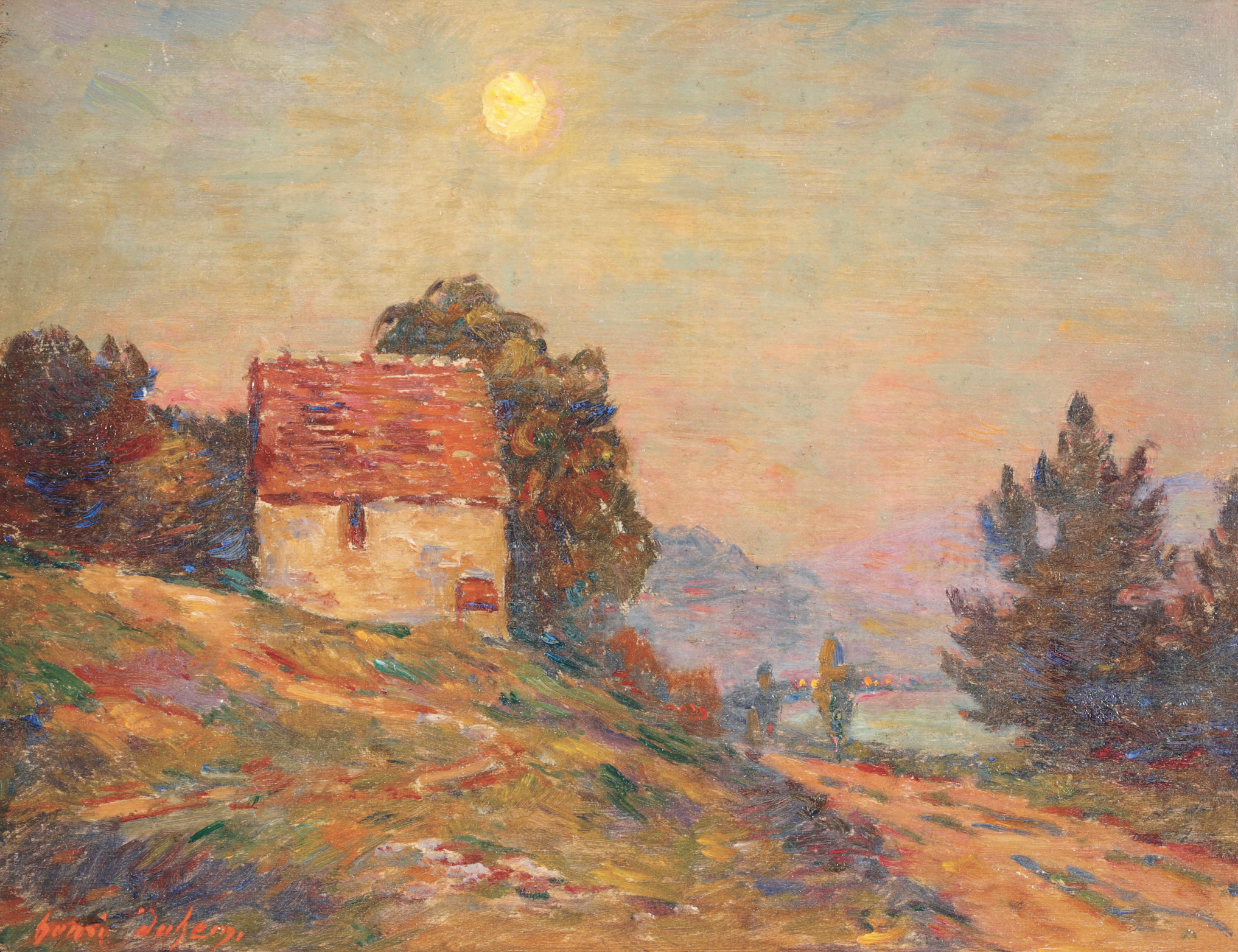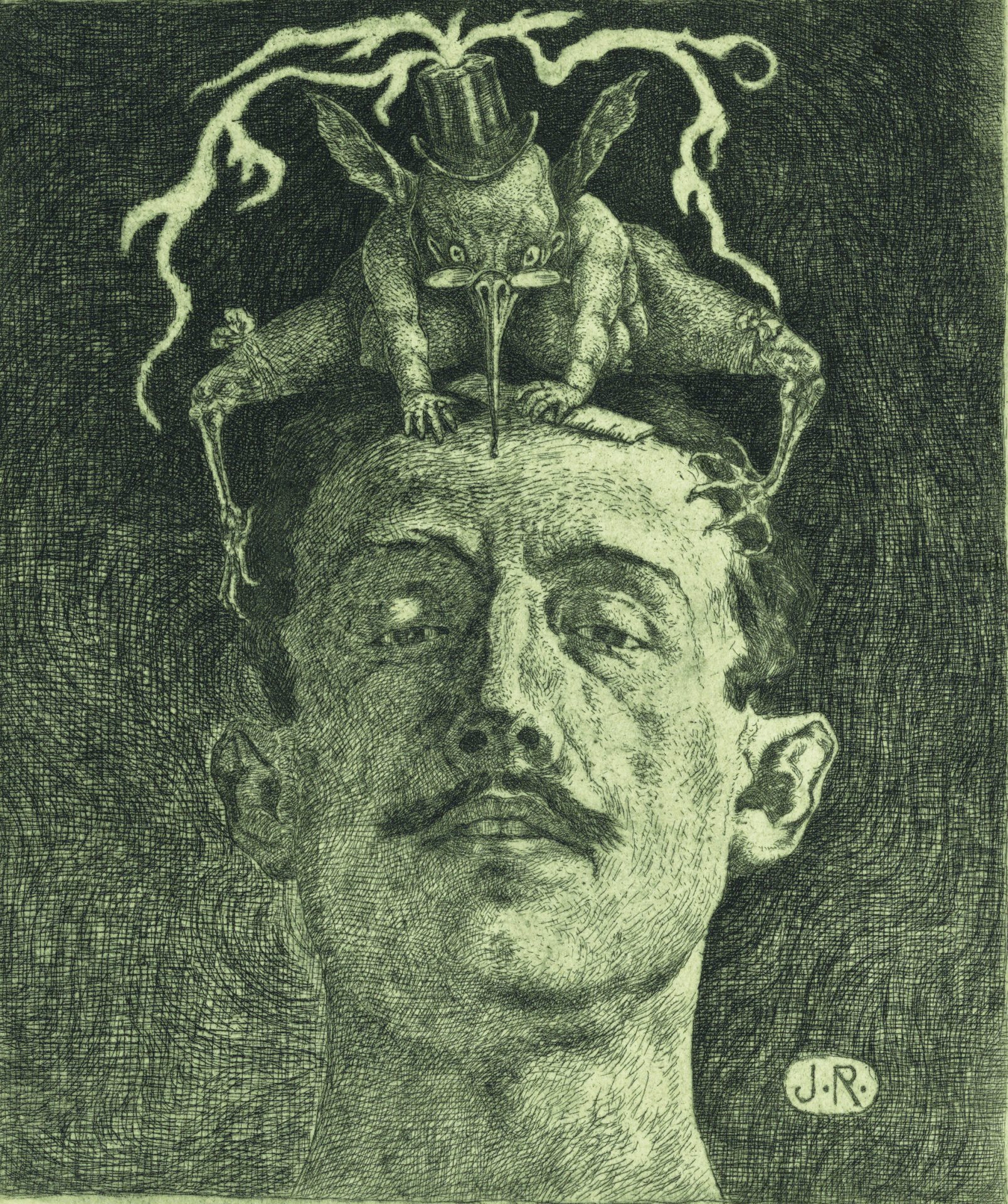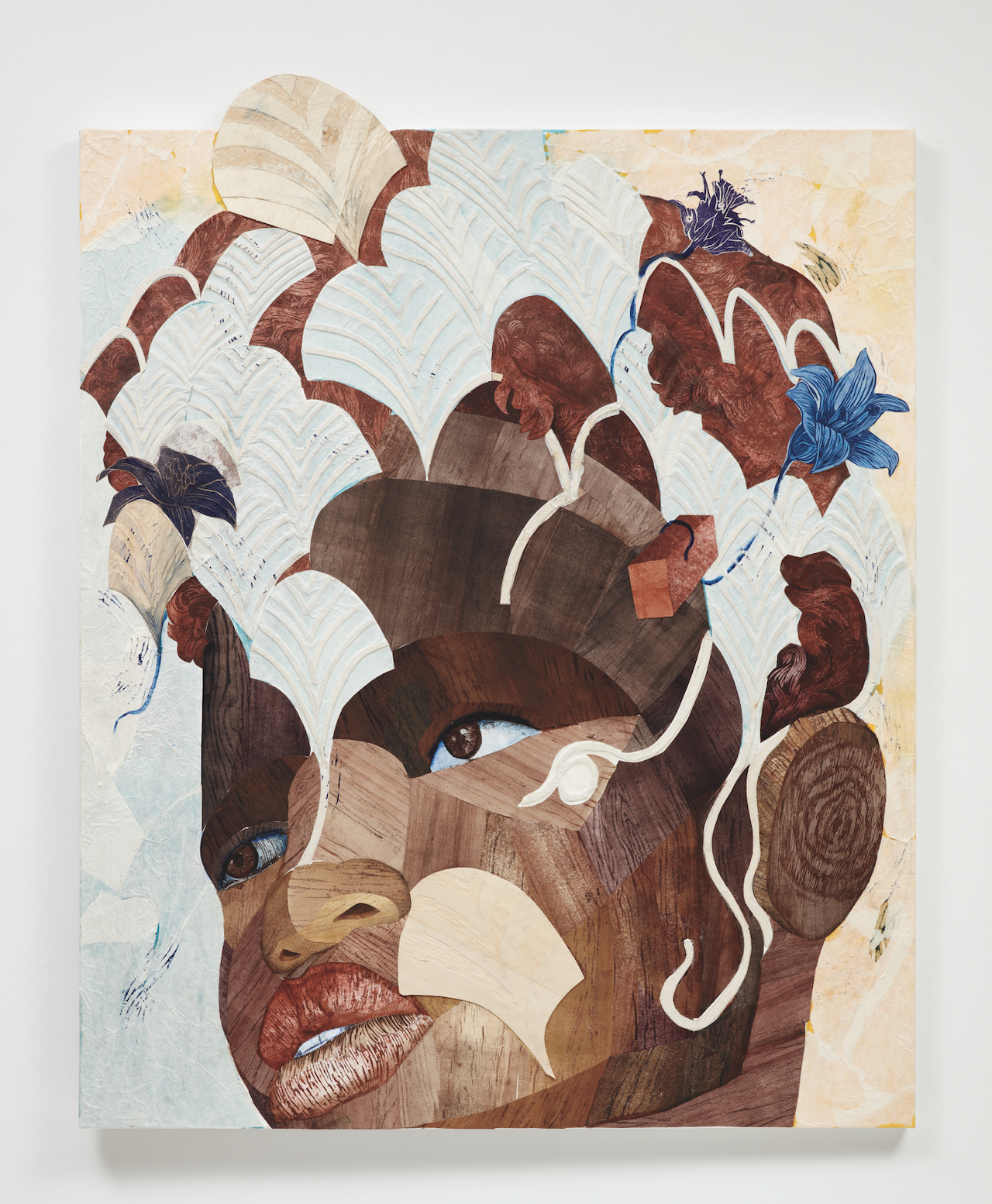YOU GOT got into my dreams and changed them into fantasies— The stupor between erotic slapstick and stoic mortification that should subsume anyone sentient after reading the inconclusive, concussive epilogue of Nettie Jones’s 1984 novel Fish Tales tempts you to return, puzzled and undone, to page one, to see if you overlooked the exact pivot […]
- print • Spring 2025
- print • Spring 2025
THE MAIN CHARACTERS of Katie Kitamura’s fiction are marginalized figures—middling middlemen—who work as translators or executors of other people’s plans. Their work often takes them far away from home, where much, as the saying goes, can get lost in translation. Her 2017 novel A Separation opens with its narrator on her way to Greece to […]
- print • Spring 2025
IT’S NEVER BEEN A GOOD TIME to be anything other than a white cis male in this country. From there, we might debate which identities and preferences are the most persecuted but can probably agree that now is an especially terrible time for anything that’s not the muscled, racist, and American brand of, say, Joe […]
- print • Spring 2025
I’VE BEEN WAITING TWENTY YEARS for this book. First published in 1982 by The Figures, a small press dedicated to experimental writing, Stephen Rodefer’s Four Lectures soon went out of print and entered legend. “Everyone’s favorite six-hundred-dollar book of poetry,” a wag at the Poetry Foundation dubbed it in 2014. Xeroxed copies were passed around […]
- print • Spring 2025
IN HER RECENT BOOK WAVE OF BLOOD, Ariana Reines states the obvious: “It’s a big mistake to kill someone, one person, one person.” I pause on the word “mistake” there. An odd word: pared down, it means “to badly seize,” to reach out and wrap your fingers around a reality that is incorrect. It describes […]
- print • Spring 2025
AMERICA IS A LAND OF BEGINNINGS, impatient, virginal, suspicious of foreplay. Sales are clinched on first impressions; books judged by covers; presidents, on their first one hundred days. The critic, novelist, and short story writer Lynne Tillman is an author who refreshingly resists our national logic of instant gratification. What might initially seem like a […]
- print • Winter 2025
IN 2021, Texas lawmakers, feeling themselves under attack, launched a counteroffensive. The 1619 Project, a series of magazine articles that became a phenomenon (and an educational curriculum), presented slavery and racism as central to American history—and Texas, whose 1836 independence from Mexico was partly driven by the desire to allow slavery, was very much implicated. […]
- print • Winter 2025
LET US START at the end, though it might feel strange at first: “Dugong.” That is the entirety of a one-word story by Joy Williams, also titled “Dugong,” which closes her new book, Concerning the Future of Souls. A dugong is a marine mammal of impenetrable placidity; also called the “sea cow,” they spend most […]
- print • Winter 2025
“YOU ARE about to enter the text at hand. It slides through your fingers, but it doesn’t matter, someone else will have to carry me through to completion, a mountain guide, not you!” So Elfriede Jelinek, museless, delivers us unto her slippery magnum opus, The Children of the Dead, published in 1995 and last year […]
- print • Winter 2025
SIX DAYS BEFORE CHRISTMAS, five judges in the French city of Avignon found Dominique Pelicot guilty of repeatedly drugging and raping his now ex-wife Gisèle over the course of nearly a decade. In meticulously organized and luridly titled videos discovered on Pelicot’s computer, investigators learned that the retired electrician had invited at least seventy-two other […]
- print • Winter 2025
THE NARRATORS of Antonio di Benedetto’s “Trilogy of Expectation” blur further in each successive book, until they are all but effaced. In Zama,published in 1956, the narrator has a name (Don Diego de Zama), a location (the Spanish colony of Paraguay), and several exact dates (we encounter him in 1790, then again in 1794, and […]
- print • Winter 2025
WRITTEN MORE THAN a decade after Stonewall but taking place five years prior to it, Jane DeLynn’s In Thrall is a grimly comic tale of dyke awakening. This 1982 novel, reissued by Semiotext(e), recounts the sexual relationship—at once pitiful, elating, and perverse—between the book’s first-person narrator, Lynn, a sixteen-year-old senior at a selective all-girls high […]
- print • Winter 2025
SOME OF US are still getting over Alan Hollinghurst’s The Swimming-Pool Library. It’s been nearly forty years since the young aristocrat Will Beckwith sucked and fucked his way through an all-male London on the cusp of the AIDS epidemic. But for more than a few people I know, phrases from the novel can still conjure, […]
- print • Winter 2025
MY MATERNAL GRANDPARENTS were born in the former Yugoslavia, a nation bloodily dissolved in 1991. I was one year old. A decade later, on Easter, I brought potica, a babka-like Slovenian pastry my mother always made on holidays, to my Indianapolis elementary school. “Hey,” I said. “Here’s some Yugoslavian holiday bread,” because that’s what my […]
- print • Fall 2024
A YOUNG POLE WITH LUNG DISEASE arrives in the Silesian village of Görbersdorf in a mountain valley known for its good air and tuberculosis sanatorium. The year is 1913, and people are talking about the theft of the Mona Lisa from the Louvre and political tensions in the Balkans. He checks into a room in […]
- print • Fall 2024
THE UNNAMED NARRATOR of Small Rain will be familiar to readers of Garth Greenwell’s What Belongs to You and Cleanness: poet, teacher, expat, gay. Those two books of fiction trace the poet’s life in Bulgaria, where he teaches English literature to high schoolers, though a difficult childhood under a violent patriarch in Kentucky intrudes on […]
- print • Fall 2024
I DON’T REMEMBER WHEN I first heard the term “incel” but I do recall my reaction: I don’t want to know about these guys. You feel sympathy for lonely people, of course, but it would seem that their constitution as a class or identity category in the internet age, while perhaps inevitable, can only compound […]
- print • Fall 2024
RIOTS IN PARIS GRAB THE HEADLINES, but the real radicalism in France happens in the countryside. Take the zone à défendre, or ZAD, in Notre-Dame-des-Landes. What began in 2012 as a farmer’s protest against the construction of an airport turned into a successful squatter campaign that drew allies from environmental and anarchist groups across the […]
- print • Fall 2024
THE DEFINITION OF INSANITY, as the cliché goes, is doing the same thing over and over again and expecting different results, yet American intellectuals have been founding little magazines since at least 1840, when a group of Transcendentalists published the inaugural issue of The Dial—often cited as the progenitor of the form on this side […]
- print • Fall 2024
OVER THE COURSE of two seasons of the TV sitcom Mixed-ish, a spin-off of ABC’s eight-season hit Black-ish, biracial protagonist Rainbow Johnson tries to adapt to regular life after a childhood spent in an idyllic race-blind hippie commune. In episode after episode, innocent Rainbow encounters confusing, contradictory examples of how race operates in the mainstream […]



